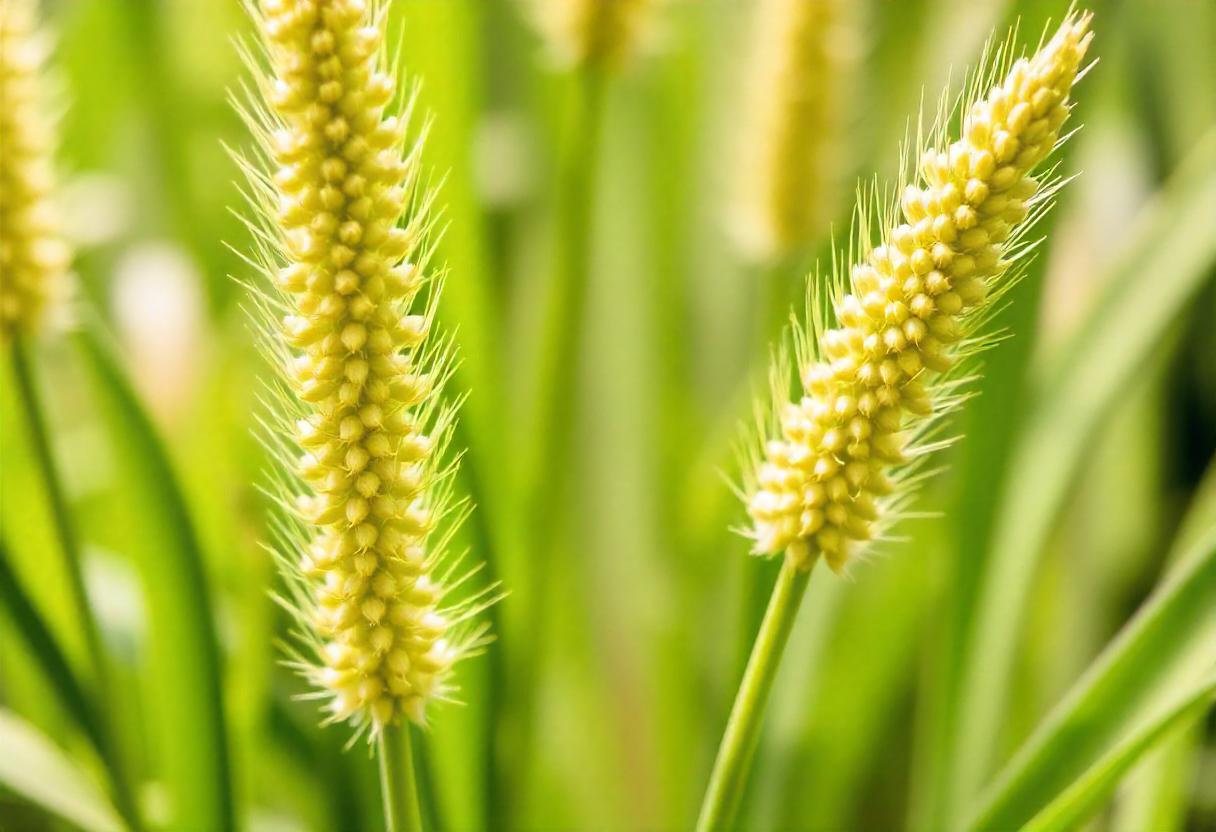
Biofuels are fuels derived from biological materials, offering a renewable alternative to fossil fuels. They play a significant role in the energy sector, contributing to energy security and sustainability. Energy crops are plants specifically grown for the production of biofuels. These crops provide a variety of biofuels, including ethanol, biodiesel, and biogas.
Types of Biofuels
Biofuels can be classified into several types, each with distinct characteristics and applications:
- Ethanol: Produced primarily from corn and sugarcane, ethanol is commonly used as a gasoline additive to improve combustion efficiency and reduce emissions.
- Biodiesel: Made from vegetable oils, animal fats, or recycled cooking oils, biodiesel can be used in diesel engines, providing a cleaner alternative to petroleum-based diesel.
- Biogas: Generated through anaerobic digestion of organic matter, biogas consists mainly of methane and can be used for electricity generation or as a fuel for heating and cooking.
Energy Crops
Energy crops are cultivated specifically for biofuel production. These crops are selected based on their high yield, efficient growth, and suitability for conversion into biofuels. Common energy crops include:
- Switchgrass: A perennial grass that grows well in various climates, switchgrass is a promising source of cellulosic ethanol, which is derived from the plant’s fibrous material.
- Miscanthus: Another high-yielding perennial grass, miscanthus has a high biomass output and can be used to produce both ethanol and biogas.
- Jatropha: This tropical plant produces seeds rich in oil, which can be converted into biodiesel. Jatropha is known for its drought resistance and ability to grow in poor soil conditions.
- Algae: Algae can produce large amounts of lipids, which are ideal for biodiesel production. Algae cultivation also has the advantage of utilizing non-arable land and wastewater.
Environmental Impact
The use of biofuels and energy crops has both positive and negative environmental impacts. On the positive side, biofuels can reduce greenhouse gas emissions compared to fossil fuels, as the carbon dioxide released during combustion is offset by the carbon dioxide absorbed by the plants during growth.
However, the cultivation of energy crops can also lead to deforestation, habitat loss, and changes in land use. It is crucial to manage these impacts through sustainable farming practices and the use of marginal lands that do not compete with food production.
Economic Considerations
Biofuels can contribute to energy diversification and reduce dependence on imported fossil fuels. They also have the potential to create jobs in agriculture and biofuel production sectors. However, the economic viability of biofuels depends on factors such as crop yields, production costs, and government policies.
Subsidies and incentives can play a significant role in promoting the use of biofuels. Investment in research and development is essential to improve biofuel technologies and make them more cost-effective.
Future Prospects
The future of biofuels and energy crops looks promising as technology advances and the demand for renewable energy sources grows. Continued research into more efficient biofuel production methods and the development of new energy crops will be key to enhancing the sustainability and economic viability of biofuels.
The integration of biofuels into the energy mix is expected to increase, driven by the need for cleaner energy alternatives and the benefits of renewable resources. As advancements continue, biofuels will likely play a crucial role in the transition to a more sustainable energy future.